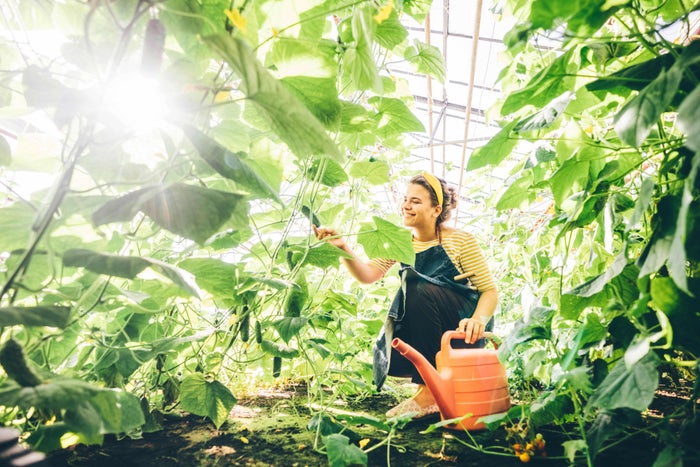Gardening 101: When Is National Gardening Week?
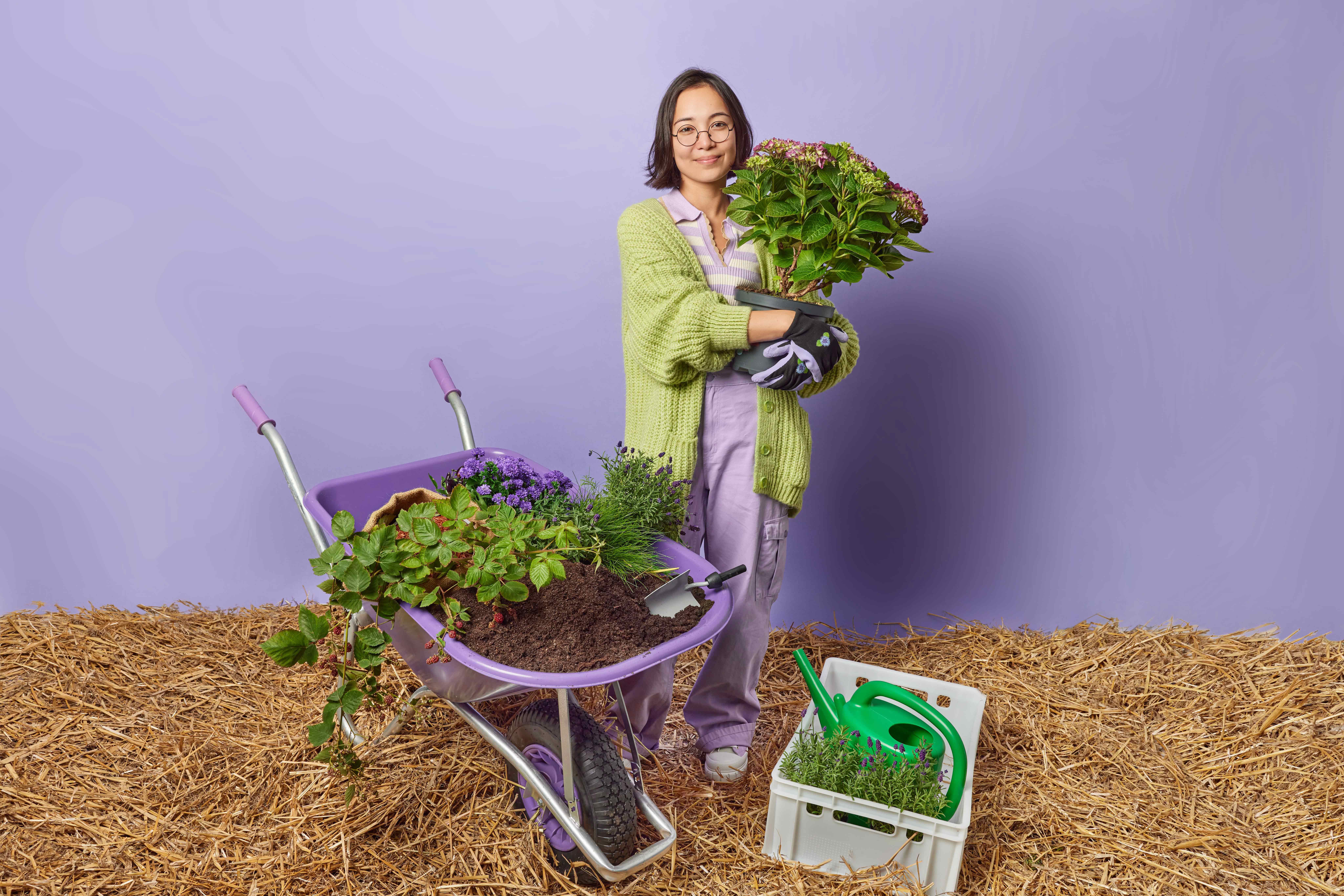
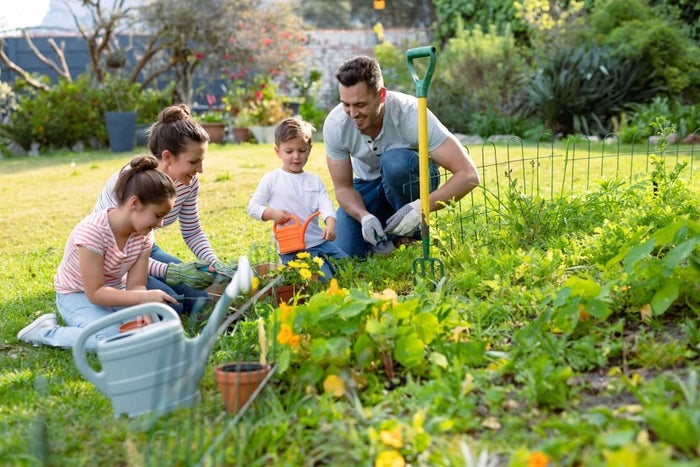
When is National Gardening Week?
When is National Gardening Week:National Gardening Week spans from May 1st to May 7th 2024. It is organised by Royal Horticultural Society (RHS)
National Gardening Week celebrates the timeless tradition of cultivating green spaces and promoting sustainable living. Delving into its origins reveals a rich tapestry of human connection to the land and the profound significance of nurturing plant life. Tracing back through history, gardening has been a fundamental part of human civilisation, dating back to ancient civilisations where agricultural practices sustained communities and shaped cultures.
In modern times, National Gardening Week emerged as a response to growing environmental concerns and a desire to reconnect with nature in urbanised societies. Established to raise awareness about the benefits of gardening, this day serves as a platform to inspire individuals, communities, and organisations to embrace gardening as a means of fostering environmental stewardship, promoting biodiversity, and enhancing quality of life.
The significance of National Gardening Week extends beyond its celebratory nature, serving as a catalyst for positive change in communities worldwide. Through gardening, individuals can cultivate a deeper connection to nature, reduce stress, and improve mental well-being. Moreover, gardening promotes sustainable practices such as composting, water conservation, and organic gardening, contributing to the preservation of the planet for future generations.
National Gardening Day: History & Significance
National Gardening Day celebrates the timeless tradition of cultivating green spaces and promoting sustainable living. Delving into its origins reveals a rich tapestry of human connection to the land and the profound significance of nurturing plant life. Tracing back through history, gardening has been a fundamental part of human civilisation, dating back to ancient civilisations where agricultural practices sustained communities and shaped cultures.
In modern times, National Gardening Day emerged as a response to growing environmental concerns and a desire to reconnect with nature in urbanised societies. Established to raise awareness about the benefits of gardening, this day serves as a platform to inspire individuals, communities, and organisations to embrace gardening as a means of fostering environmental stewardship, promoting biodiversity, and enhancing quality of life.
The significance of National Gardening Day extends beyond its celebratory nature, serving as a catalyst for positive change in communities worldwide. Through gardening, individuals can cultivate a deeper connection to nature, reduce stress, and improve mental well-being. Moreover, gardening promotes sustainable practices such as composting, water conservation, and organic gardening, contributing to the preservation of the planet for future generations.
At its core, National Gardening Day celebrates the transformative power of green spaces and the profound impact of gardening on individuals, communities, and the environment. As we celebrate this day, let us honour the legacy of gardening traditions, embrace sustainable practices, and cultivate a greener, more vibrant world for all.
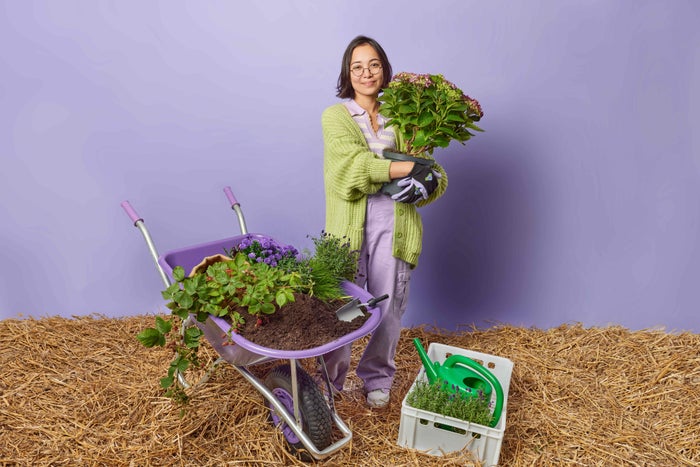
What are the Benefits of Gardening?
Gardening offers a multitude of benefits for both physical and mental well-being, as well as for the environment. Here are some of the key benefits:
Physical Exercise: Gardening involves various physical activities such as digging, planting, weeding, and watering, which can provide a moderate-intensity workout. Regular gardening can help improve cardiovascular health, muscle strength, flexibility, and endurance. Stress Reduction: Spending time in nature and engaging in gardening activities has been shown to reduce stress levels and promote relaxation. The act of gardening can serve as a form of mindfulness, allowing individuals to focus on the present moment and find solace in the natural world. Mental Health: Gardening has positive effects on mental health, including reducing symptoms of anxiety, depression, and mood disorders. The act of nurturing plants and watching them grow can instil a sense of purpose, accomplishment, and fulfilment. Nutrition: Growing fruits, vegetables, and herbs in a garden provides access to fresh, nutritious produce that is free from harmful pesticides and chemicals. Incorporating homegrown produce into meals can support a healthy diet and improve overall nutrition. Connection to Nature: Gardening fosters a deeper connection to the natural world, allowing individuals to observe the cycles of growth, change, and renewal firsthand. Spending time outdoors surrounded by greenery can evoke feelings of peace, harmony, and awe. Community Building: Gardening can bring people together, whether through community gardens, neighbourhood beautification projects, or shared gardening spaces. Working collaboratively on gardening projects fosters social connections, encourages teamwork, and strengthens community bonds. Environmental Benefits: Gardening promotes environmental sustainability by creating green spaces, supporting biodiversity, and reducing carbon footprint. Gardens provide habitat for pollinators, birds, and beneficial insects, contribute to air purification, and help mitigate climate change. Educational Opportunities: Gardening offers valuable learning experiences for people of all ages, from understanding plant biology and ecology to learning about sustainable gardening practices and food systems. Gardening can be an excellent educational tool for children to learn about the natural world and where their food comes from.
Overall, gardening is a holistic activity that nourishes the mind, body, and soul while promoting environmental stewardship and community well-being. Whether cultivating a small balcony garden or tending to a sprawling backyard oasis, the benefits of gardening are abundant and far-reaching.
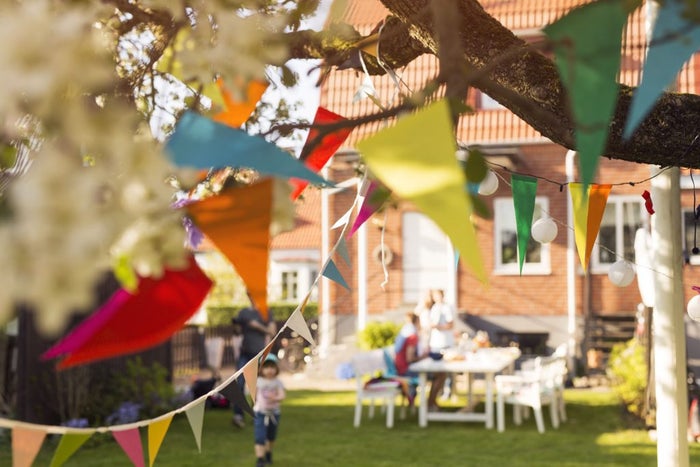
How to Celebrate National Gardening Week
Celebrating Garden Week is a delightful opportunity to honour the beauty of nature, connect with the outdoors, and foster a sense of community. Here are some ways to celebrate this special day:
Host a Garden Party: Invite friends, family, and neighbours to gather in your garden for a festive celebration. Set up tables and chairs amidst blooming flowers, twinkling lights, and lush greenery. Serve refreshments, snacks, and perhaps even a garden-themed cocktail or two. Encourage guests to bring a plant or flower to exchange as a token of friendship and shared love for gardening. Organise a Garden Tour: Coordinate a garden tour in your neighbourhood or community to showcase the diversity and beauty of local gardens. Invite garden enthusiasts to explore different styles of gardens, from formal to wildflower meadows, and learn from passionate gardeners about their plants, design choices, and sustainable practices. Plant a Community Garden: Collaborate with neighbours or local organisations to establish a community garden in a shared space. Work together to prepare the soil, plant seeds and seedlings, and tend to the garden throughout the growing season. Celebrate the inaugural planting day with a communal gathering and shared meals made from garden-fresh produce. Attend a Garden Workshop: Seek out garden workshops, classes, or events in your area that align with your interests and gardening goals. Whether it's learning about organic gardening techniques, container gardening, or herbal medicine, attending a workshop can provide valuable knowledge and inspiration for your own garden endeavours. Volunteer in a Public Garden: Dedicate your time and energy to volunteering in a public garden or green space in your community. Help with planting, weeding, watering, and maintenance tasks under the guidance of experienced gardeners. Not only will you contribute to the beauty of the garden, but you'll also have the opportunity to learn new skills and connect with fellow garden enthusiasts. Create Garden Art: Get creative and express yourself through garden art projects. Whether it's painting decorative pots, crafting whimsical sculptures, or designing mosaic stepping stones, infuse your garden with personal touches that reflect your style and personality. Practice Mindful Gardening: Set aside time to immerse yourself in the sensory experience of gardening. Slow down, breathe deeply, and observe the sights, sounds, smells, and textures of the garden. Engage in mindful activities such as weeding, deadheading flowers, or simply sitting quietly and appreciating the beauty around you. Share Garden Goodness: Spread joy and positivity by sharing the bounty of your garden with others. Harvest fresh produce, flowers, or herbs and give them as gifts to friends, family, or neighbours. A bouquet of homegrown flowers or a basket of freshly picked vegetables can brighten someone's day and inspire them to connect with nature.
However you choose to celebrate this joyous occasion, remember to take time to appreciate the beauty of nature, cultivate gratitude for the gifts of the garden, and nurture your connection to the earth.
How to be Sustainable when Gardening
Implementing sustainable practices in gardening not only benefits the environment but also promotes healthier plants and ecosystems. Here are some sustainable gardening practices to consider:
Water Conservation: Use water wisely by collecting rainwater in barrels or cisterns for irrigation. Install drip irrigation systems or soaker hoses to deliver water directly to plant roots, minimising waste through evaporation and runoff. Mulch garden beds with organic materials like wood chips, straw, or leaves to retain moisture and suppress weed growth. Composting: Reduce organic waste by composting kitchen scraps, yard trimmings, and garden debris to create nutrient-rich compost. Use compost to amend soil, improve fertility, and promote healthy plant growth. Composting not only reduces the need for synthetic fertilisers but also enriches soil structure and supports beneficial soil organisms. Organic Pest Control: Manage garden pests using natural and organic methods rather than relying on chemical pesticides. Encourage natural predators like ladybugs, lacewings, and birds to control pest populations. Plant companion crops and use companion planting techniques to deter pests and attract beneficial insects. Homemade remedies such as neem oil, garlic spray, or soap solutions can also help control pests without harming beneficial organisms. Crop Rotation: Practice crop rotation to prevent soil depletion, minimise disease and pest buildup, and maintain soil fertility. Rotate crops within garden beds or plots each season, following a planned rotation schedule that considers the nutritional needs and growth habits of different plant families. Native Plants: Incorporate native plants into your garden design to support local biodiversity, provide habitat for wildlife, and conserve water. Native plants are adapted to local growing conditions, requiring less water, fertiliser, and maintenance compared to non-native species. Choose native plants that are well-suited to your region's climate, soil type, and sun exposure. Soil Health: Protect and enhance soil health by practicing soil conservation techniques such as no-till gardening, cover cropping, and minimal soil disturbance. Add organic matter to soil regularly through composting, mulching, and using organic amendments to improve soil structure, fertility, and microbial activity. Sustainable Materials: Opt for sustainable materials in garden construction and landscaping projects. Choose locally sourced, reclaimed, or recycled materials for garden beds, pathways, and structures. Use natural materials such as stone, wood, and bamboo that have minimal environmental impact and can be recycled or repurposed at the end of their lifespan. Reduce Waste: Minimise waste by using biodegradable, reusable, or recyclable materials in garden maintenance and landscaping. Avoid single-use plastics and synthetic products whenever possible. Repurpose or upcycle items like containers, furniture, and garden decorations to give them new life in the garden.
By adopting these sustainable gardening practices, you can create a thriving garden that promotes environmental stewardship, conserves resources, and supports healthy ecosystems for generations to come.
Take the first step towards transforming your outdoor haven today with Bark.com. Sign up for a free quote and let us connect you with top-tier gardening services tailored to your needs. They’re dedicated to making gardening a breeze, so you can focus on the important stuff – like creating cherished memories with your loved ones, all while leaving the hard work to them.

